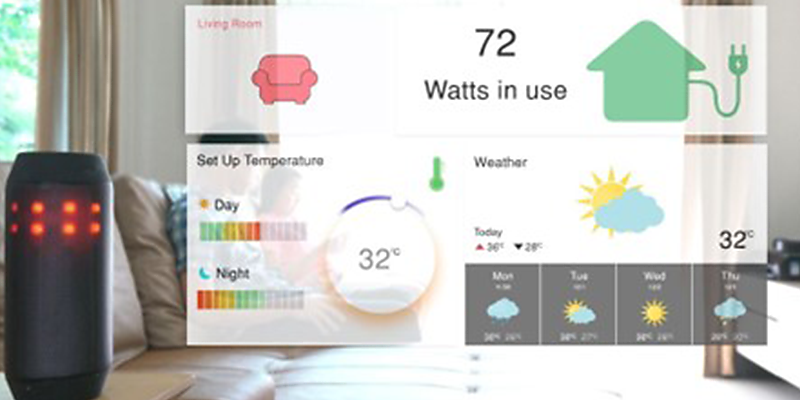By using our website, you agree to the use of cookies as described in our Cookie Policy
-
24 Hour Emergency Service
- 24 Hour Emergency Service
4 Fire Prevention Tips Every Homeowner Should Know
4 Fire Prevention Tips Every Homeowner Should Know
Going to bed one night and waking up to smoke and flames is one of the most terrifying things that can happen in the home. All the same, it's alarmingly common. In a single year, there were more than a million fires in the United States, resulting in over 3,700 deaths.
The good news is that most house fires are preventable. To learn how you can help stop fires before they start, commit these fire prevention safety tips to memory.
1. Install Fire Alarms and Test Them Regularly
A basic tenet of fire safety is making sure that you have fire alarms installed throughout the home. In particular, you need to make sure to install them in high-risk areas like kitchens or near furnaces, fireplaces, and wood stoves. You should likewise install them in bedrooms and in hallways outside sleeping areas.
Once installed, be sure to never disable your alarms. Instead, use the "hush" feature as needed. Cleaning the dust and cobwebs that can accumulate near sensors can prevent nuisance alarms.
And don't forget to test your fire alarms monthly. And if your alarms use batteries, replace them once per year. Planning to do so on a notable date like daylight savings time can help you to remember.
2. Keep Heating Systems Well-Maintained
Left unmaintained and unrepaired, your home's heater can become a tinderbox.
Scheduling regular assessments and upkeep with a professional can keep your system running safely. And as an added perk, it can also help detect inefficiencies in the system and save on your winter power bills.
3. Practice Safe Cooking Habits
The kitchen, as you might guess, is one of the places where a fire is most likely to break out.
On a busy weeknight, it can be easy to step away from your cooking to attend to something else. However, it only takes a moment for a fire to break out. Also, as a rule, keep cooking oil and other flammable materials as far away from stoves and ovens as possible.
4. Manage Electronics Safely
According to one report, electrical fires were the second leading cause of house fires, accounting for 13% of the total. Managing your electronic devices safely is one of the best fire safety practices you can have.
Kitchen appliances are a common culprit. Should the circuit on a plugged-in appliance fail, it can spark a fire. Make a point of always unplugging appliances when you're done with them.
Avoid using plug dividers. They're an easy way to overload an electrical outlet.
Replace old chords and cables. We all hate to throw away anything useful, but frayed chords are major fire hazards, and no amount of electrical tape can make them safe.
Fire Prevention Is a Group Responsibility
An ounce of prevention is worth a pound of cure, and knowing how to prevent fires before they start can help to spare us from tragic and life-changing losses.
But these fire prevention tips are only the beginning.
Not all dangers announce themselves with smoke and flames. Carbon monoxide is every bit as much of a threat as fire. Even more so as it's imperceptible until it's too late. To learn more about the threat it poses and how to protect yourself, check out these three real dangers of carbon monoxide.
‹ Back











Comments